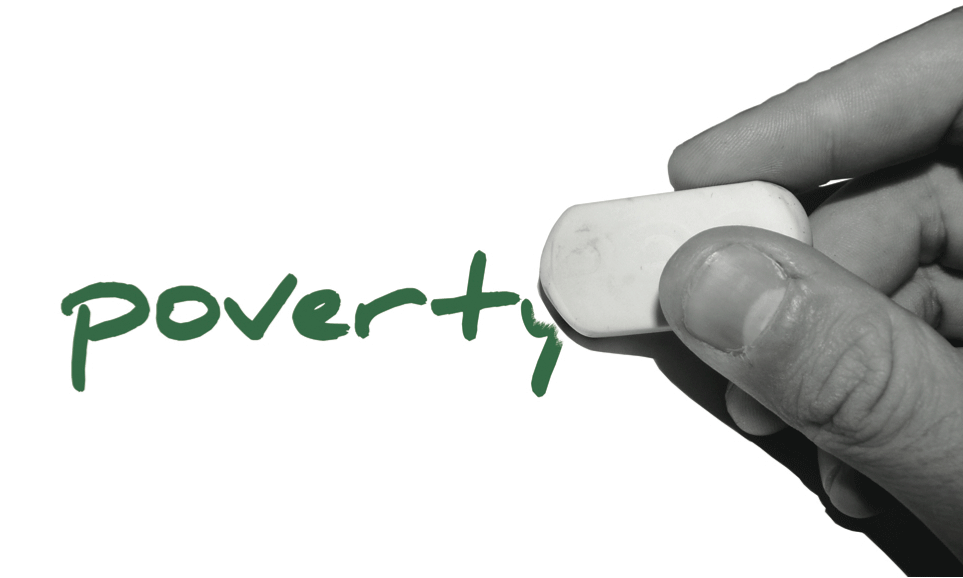101 Early Intervention & Poverty
Based on research by Hunt, 1961, Gray & Klaus, 1965, and the American Psychological Association, adapted by Juanita N. Baker, Ph. D..
Why as a group do children who live in poverty tend to perform worse in school than children from more privileged backgrounds? In the 1960s, psychologist J. McVicker Hunt with observations and natural experiments argued that intelligence could be shaped early in life by the environment. Results of several studies by psychologists, including Susan Gray and Rupert Klaus (1965), pioneering an experimental preschool program, supported the notion that early attention to physical and psychological development could improve cognitive ability.
Sargent Shriver, President Lyndon Johnson’s chief strategist in the War on Poverty appointed a planning committee of 13 professionals in physical and mental health, early education, social work, and developmental psychology. Their work helped shape the federal Head Start program. The three developmental psychologists in the group were Drs. Urie Bronfenbrenner, Mamie Clark, and Edward Zigler. Bronfenbrenner advocated parent involvement as a cornerstone of Head Start, which proved to be a major contributor to its success. Dr. Zigler (often referred to as the “father of Head Start”) designed Head Start as a laboratory for effective early childhood services.
Hundreds of empirical studies of Head Start outcomes have shown a variety of benefits for most children who participate especially in the areas of school achievement and adjustment.
References:
Gray, S. W., & Klaus, R. A. (1965). An experimental preschool program for culturally deprived children. Child Development, 36, 887-898.
Hunt, J. McV. (1961). Intelligence and Experience. New York: Ronald Press.
Early Intervention Can Improve Low-Income Children’s Cognitive Skills and Academic Achievement
National Head Start program conceptualized while psychologists were beginning to study preventive intervention for young children living in poverty.
Practical Application
Head Start began as a great experiment that over the years has yielded prolific results. Some 20 million children and families have participated in Head Start since the summer of 1965; current enrollment approaches one million annually, including those in the new Early Head Start that serves families with children from birth to age 3. Psychological research on early intervention has proliferated, creating an expansive literature and sound knowledge base. Many research ideas designed and tested in the Head Start laboratory have been adapted in a variety of service delivery programs. These include family support services, home visiting, a credentialing process for early childhood workers, and education for parenthood. Head Start’s efforts in preschool education spotlighted the value of school readiness and helped spur today’s movement toward universal preschool.
Relevant Research
Caldwell, B., & Richmond, J. The Children’s Center in Syracuse, New York. In L. L. Dittman (Ws.,), Early child care: The new perspectives. New York: Atherton.
Deutsch, M. (1965). Annual report: Institute for Developmental Studies. New York: Department of Psychiatry, NY Medical College.
For more details see:
http://www.apa.org/research/action/early.aspx
American Psychological Association, April 22, 2004





